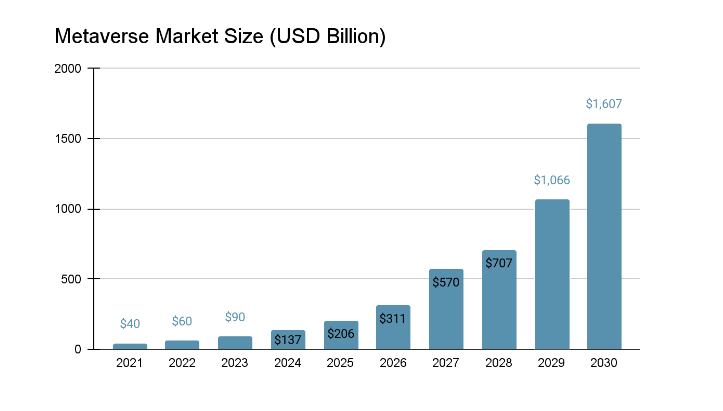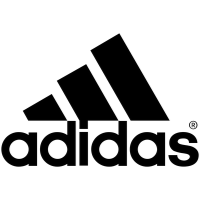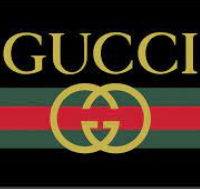
Retail Companies are Setting Up Shops in the Metaverse World
- July 14, 2022
- Benjamin
- Metaverse, Top Ratings
- 1 Comment

It is been reported in the news that now people may buy land in space, or in Mars! And now people can buy space in Metaverse. A few companies named Adidas, Burberry, Gucci, Tommy Hilfiger, Nike, Samsung, Louis Vuitton, and even banks HSBC and JP Morgan, are planning to set up shop there.
What is Metaverse?
Metaverse is a built-in 3D network of virtual worlds, and people can do just about anything that they could in real life, whether that is working at the office, attending meetings or conferences, and even going to concerts, shopping, and hanging out with friends.
Metaverse Market Size
It is reported by a global research firm that Metaverse Market Size in 2021 was USD 40 Billion and the market size is projected to be worth around USD 1,607.12 billion by 2030.

Learn more: Gartner Predicts 25% of People will Use Metaverse by 2026
Top Retail Companies Setting Up Shops in the Metaverse?
1. Adidas

As of July 2022, Adidas has a market cap of $31.99 Billion. This makes Adidas the world’s 508th most valuable company by market cap according to our data. Market capitalization, commonly called a market cap, is the total market value of a publicly traded company’s outstanding shares and is commonly used to measure how much a company is worth.
Adidas has announced that their upcoming line is going to feature a mixture of digital and physical products, with the latter being sold in the form of NFT, produced in collaboration with partners like the Bored Ape Yacht Club. Titled In The Metaverse, the collection will consist of virtual wearables for buyers to utilize on online platforms, as well as physical apparel that matches. It is the first collection from Adidas of NFTs, or Non-Functional Tokens — basically, digital collectibles that have proven veracity. NFTs serve as blockchain-based proofs of ownership, making it possible for pieces to be verified, purchased, and collected. The brand created this series in collaboration with some of NFT’s best-known personalities: the Yacht Club of the Brooding Ape, Gmoney, and The Punks Comic Creators.
“As part of our ambition to celebrate ideas that are defining a new age of originality, we’ve landed at the forefront of creativity, which is the open metaverse,” said vice president of Adidas Originals marketing and communications Erika Wykes-Sneyd.
“Blockchain is one of the most innovative technologies of this generation,” said Adidas chief digital officer Scott Zalaznik. “We see it unlocking the boundless potential to connect with our members.”
“The foundation we are building with Web3 [a blockchain-based vision of the internet] will lead to new creative opportunities for partnerships, engagement through digital goods, and a path towards a more inclusive future,” he added.
Adidas is venturing out onto the metaverse via their lifestyle brand, Adidas Originals. NFTs went on sale on December 17 at a price of 0.2 Ethereum, with both digital and physical wearables becoming available to NFT holders by 2022.
2. Burberry

Luxury brands such as Burberry, Balenciaga, and Louis Vuitton are paving the way for a future of fashion in the metaverse. Rumble Romagnoli, chief executive officer at Relevance, considers the role of fashion in the metaverse.
Burberry is among fashion metaverse pioneers, constantly creating groundbreaking experiences at retail, marrying AR with physical products to provide customers with more immersive experiences. In July 2021, Burberry announced its collaboration with Mythical Games, to release its game Blankos Block Party, a multi-player, open-world, metaverse fashion video game featuring vinyl toys that are Non-Fungible Tokens (NFTs) and that reside on the Blockchain. The limited-edition Burberry Blanko Sharky B NFT, decorated with the summer Burberry TB monogram, is available for purchase, upgrading, and selling, along with NFT accessories within the game, including a jetpack, lanyard, and swimming shoes. As one of the more successful fashion partnerships in the metaverse, the Burberry Blanko sold out in record time in less than 30 seconds, with the jetpack selling out in less than two minutes. By moving to the fashion metaverse through these gameable NFTs, the Blanko block party created a new economy for playing games for money, leading the way for the digital ownership of the game in the future.
Co-branding is a strategy that has been successfully used for years with brands, which is why doing it in a metaverse makes perfect sense. Follow the example of Burberry, and seek out strategic partners in a different sector.
3. Gucci

The luxury group Gucci has recently entered the metaverse world, purchasing digital land in The Sandbox.
Gucci’s latest partnership in the metaverse is with 10KTF, a project of NFT which includes a floating virtual world of “New Tokyo”, fashionable accessories to buy from the NFT owner’s avatars, and a fictional character called Wagmi-San, a play on the Web 3.0 phrase “wagmi”, which is short for “we are all going to do this”. Gucci, through its experimental off-shoot Gucci Vault brand, has revealed early details that validate a partnership with 10KTF, via Twitter and Discord, where it has an account, which was confirmed by Vogue Business. The NFT, called the Gucci Grail, is set to launch on 23 March, and is being mined on the Ethereum blockchain.
Fans still have no idea what the final prize will be, except that it is a “unique, custom-made NFT imagined by [Gucci Creative Director] Alessandro Michele, meticulously created by Wagmi-san”. Already, 10KtF has enabled digital accessories like sneakers and bags, so many fans are anticipating Guccis own wearable NFT, which will be the brand’s first.
Kering chairman and CEO Francois-Henri Pinault have revealed that Kering, Guccis parent company, has created an entirely dedicated Web 3.0 and the Metaverse team, along with separate teams for Gucci and Balenciaga. He told Vogue Business recently he saw three potential opportunities in the metaverse for luxury: NFTs connected to physical products, virtual products, and smart contracts generating revenues through secondary sales.
“We are in an extremely early stage of what could happen. Nothing is certain; it might fizzle out,” Pinault said. “But, the philosophy of the group when it comes to innovation — rather than wait and see, which is often the posture of luxury houses — is to test and learn.”
Apart from the above companies retail giants like Tommy Hilfiger, Nike, Samsung, and Louis Vuitton are also in the metaverse world by setting a virtual shops there.





Your point of view caught my eye and was very interesting. Thanks. I have a question for you.